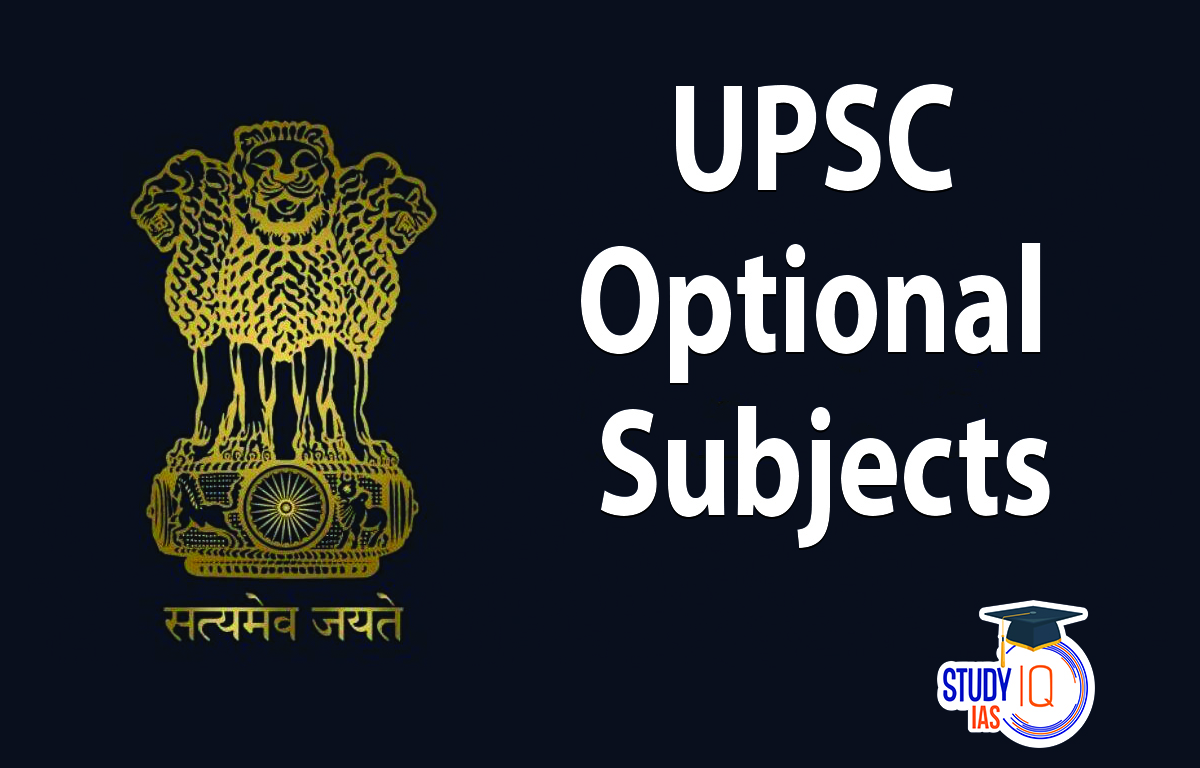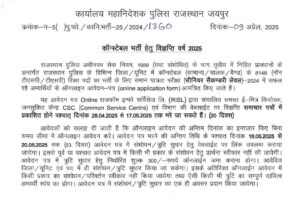Table of Contents
The Union Public Service Commission (UPSC) Civil Services Examination (CSE) is one of the most competitive and prestigious exams in India. For the UPSC CSE 2025, choosing the right optional subject is crucial as it can significantly impact your overall score and success in the examination. This article provides a detailed overview of the UPSC Optional Subject List for 2025, helping aspirants make informed decisions.
Understanding the UPSC Optional Subject Paper
The UPSC CSE includes a total of nine papers, out of which two papers are dedicated to the optional subject. The optional subject papers are worth 500 marks in total, with Paper I and Paper II each carrying 250 marks. Choosing an appropriate optional subject can influence your preparation strategy and performance in the exam.
UPSC Optional Subject List 2025
Aspirants can choose any of the UPSC IAS Optional Subjects for the UPSC Exam 2025 based on their educational background and areas of interest. The UPSC has provided a comprehensive UPSC Optional Subject List with 48 UPSC optional subjects, allowing candidates to select the one that best suits them.
The UPSC Sub List for optional subjects includes:
Read More: UPSC Prelims Syllabus 2025
How to Choose an Optional Subject for UPSC 2025?
- Interest and Background: Opt for a subject that aligns with your academic background and personal interests. Familiarity with the subject can ease the learning curve and enhance your performance.
- Syllabus and Resources: Evaluate the syllabus and availability of study materials. A well-defined syllabus and ample resources can simplify your preparation.
- Scoring Potential: Analyze previous years’ trends to understand the scoring potential of the subject. Some subjects may have a history of higher scoring.
- Overlap with General Studies: Subjects that overlap with General Studies can reduce the amount of additional preparation needed and streamline your study plan.
- Complexity and Personal Strengths: Choose a subject based on your strengths and ability to grasp complex concepts. Avoid subjects that may be overly challenging or less engaging for you.
Popular UPSC IAS Optional Subjects and Their Benefits
- Public Administration: Known for its relatively concise syllabus and overlap with General Studies papers. It is a popular choice among aspirants due to its manageable content.
- Geography: Offers a substantial overlap with General Studies and has a well-structured syllabus. It is beneficial for those interested in physical and human geography.
- Sociology: Praised for its relevance to contemporary social issues and overlap with General Studies. It has a concise syllabus and is considered scoring by many.
- Political Science and International Relations: Beneficial for those with an interest in current affairs and international relations. The subject overlaps with General Studies Paper II and has extensive resources available.
Top 10 UPSC Optional Subject List
Choosing an optional subject is a personal choice of the candidates as per their interest area, but according to analysis, candidates also tend to prefer the following subject as the best UPSC optional subject. If you are having trouble choosing among 26 subjects, check out the list of the top 10 Most Popular UPSC Optional Subjects below:
- Sociology
- Public Administration
- Geography
- Political Science and International Relations (PSIR)
- History
- Anthropology
- Mathematics
- Agriculture
- Medical Science
- Literature Subject (Any)
Read More: UPSC Syllabus 2025
Preparation Tips for Optional Subjects
- Detailed Study Plan: Develop a structured study plan tailored to your chosen subject. Allocate time for each topic and adhere to the plan consistently.
- Reference Books and Study Material: Utilize standard reference books and study materials recommended for the optional subject. Regularly consult previous years’ papers and sample papers.
- Mock Tests and Revision: Practice mock tests and revise regularly to reinforce your understanding of key concepts and improve time management skills.
- Seek Guidance: Consider joining coaching classes or online forums for expert guidance and peer support. Engaging with mentors and fellow aspirants can provide valuable insights and motivation.


 Rajasthan Police Constable Application F...
Rajasthan Police Constable Application F...
 Rajasthan Police Constable Recruitment 2...
Rajasthan Police Constable Recruitment 2...
 Creative Economy in India, Current Situa...
Creative Economy in India, Current Situa...





















